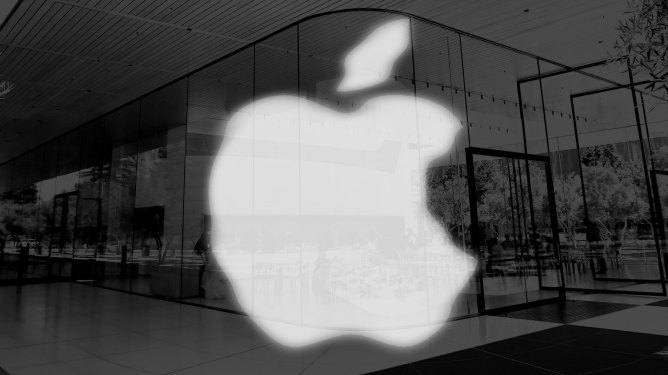Digibee Secures $60 Million in Series B Funding to Drive Growth and Innovation
In a significant development for the enterprise technology sector, Digibee, a leading low-code integration platform, has announced that it has raised $60 million in a Series B funding round. The round was led by Goldman Sachs with participation from several other notable investors, including Leadwind, Southern Europe, Vivo Ventures, and Brazilian telco Vivo.
This latest investment brings Digibee’s total raised to $90 million, which CEO Rodrigo Bernardinelli has stated will be used to drive growth in the US and Latin America, with a particular focus on expanding customer support stateside. The funding will also enable the company to accelerate its product development roadmap, with a focus on driving AI capabilities into its platform and enhancing developer enablement.
A Modern Approach to Integration
Digibee was founded by Bernardinelli, along with co-founders Peter Kreslins and Vitor Sousa. The trio met while working together in sales and technical roles, and were united by a common vision: to address the long-standing challenge of app and process integration in a modern way.
The fruit of their labor is Digibee’s low-code integration platform, which offers a set of automated tools that integrate apps and deploy them in different environments. The company’s cloud services support the development and governance of integration flows that connect on-premises and cloud-based processes, services, apps, and data across an organization.
Benefits of Digibee’s Platform
With Digibee, customers can create integration flows, or pipelines, leveraging components like enterprise apps, files, and other tools. Modules provide pre-packaged business logic that can be reused by internal teams and partners. This approach enables a wide spectrum of engineers to become productive in days or weeks, helping to punch down technical debt.
Traditional Integration Platforms: A Thing of the Past?
Bernardinelli acknowledges that Digibee competes with a range of legacy integration vendors, including MuleSoft, Boomi, Software AG, and TIBCO, as well as incumbents like Oracle, SAP, Microsoft, and IBM. However, he stresses what he sees as Digibee’s biggest differentiator: its consumption-based pricing model, which doesn’t require customers to pay for the maximum potential usage.
While some may argue that Workato, Tray.io, Celigo, and other companies focused on non-mission critical use cases in shadow IT are also competitors, Bernardinelli is clear that these are not Digibee’s primary competitors. Instead, he believes that the company occupies a unique space in the industry.
High Demand for Integration Platforms
The demand for integration platforms like Digibee is high and growing rapidly. According to a survey by IDG and TeamDynamix, 27% of companies had already invested in such platforms as of last year, while another 53% planned to do so within the next two years.
This trend is driven by the increasing need for organizations to integrate their various systems, processes, and data sources in order to become more agile and responsive. As a result, companies like Digibee are well-positioned to capitalize on this growth opportunity.
The Future of Integration
In conclusion, Digibee’s latest funding round demonstrates its commitment to driving innovation and growth in the enterprise technology sector. With its modern approach to integration and focus on developer enablement, the company is poised to make a significant impact on the industry.
As the demand for integration platforms continues to grow, companies like Digibee will play an increasingly important role in helping organizations become more agile, responsive, and competitive.




